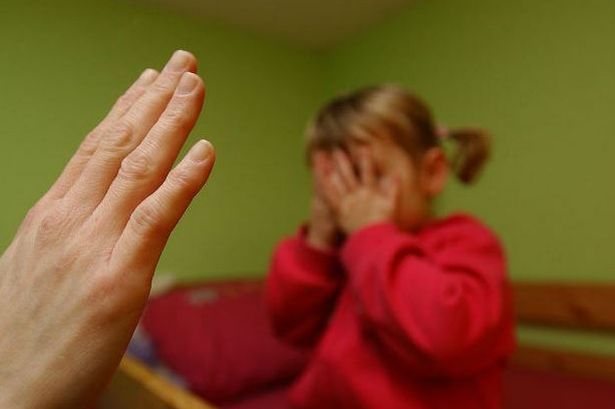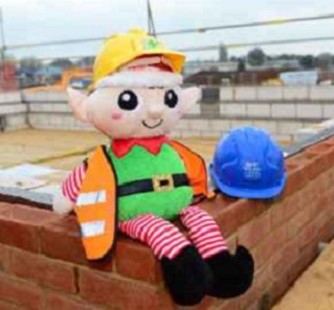Parents smacking their children is now illegal in Wales, with First Minister Mark Drakeford calling it a historic day for children as it becomes the second UK nation to ban physical punishment - meaning children would have the same rights as adults.
With the legal defence of reasonable punishment being removed, anyone who smacks a child in their care could be arrested and prosecuted for assault.
Critics, though, claim the new law was pushed through by those who think they know better than parents.
Sweden became the first country in the world to ban physical punishment of children in 1979 and Jersey was the first part of the British Isles to ban smacking in April 2020 before Scotland became the first UK nation to make it illegal in November 2020. It’s now illegal in 63 nations around the world.
In a survey of 3,000 adults in England, the NSPCC found 64% think it is also time to change the law there and ban smacking, while 68% said it is not acceptable. Ministers in Cardiff said they wanted to give children the best start in life and the new law means people will be committing a crime if they smack, hit, slap or shake a child in their care.
The government said that it wasn't possible to give a set list of what makes up physical punishment because it could be anything where a child is punished using physical force. The new law will apply to parents or anyone who is responsible for a child while the parents are absent - and apply to all visitors to Wales.
Physical punishment is already illegal in schools, children's homes, local authority foster care homes and childcare settings. Hitting a child is common assault but if a parent or someone with parental responsibility was charged with common assault against a child before the new law was passed they could have attempted to use the defence of reasonable punishment.
But that defence is no longer available in Wales so anyone who physically punishes a child will be breaking the law and could get a criminal record. People who see a child being physically punished have been advised by Welsh government to either call the police if a child is in immediate danger or contact their local social services department.
Welsh Parliament members voted 36 votes to 14 when it passed the law two years ago. Mr Drakeford added that there was "no place for physical punishment in a modern Wales" as he welcomed into law one of his flagship policies.
"The United Nations Convention on the Rights of the Child makes it clear that children have the right to be protected from harm and from being hurt and this includes physical punishment," he said. "That right is now enshrined in Welsh law.
“No more grey areas. No more defence of reasonable punishment. That is all in the past."
Wales' children's commissioner said that children now had clear and unambiguous precedence and protection. "As adults, we do not accept physical violence in any part of our lives," said Sally Holland.
"And as a nation we are clear today that we do not accept it in our children's lives either." Plaid Cymru, which has a co-operation deal with the Welsh Labour government, backed giving children "equal protection against violence under the law".
NSPCC Cymru and Barnardo's Cymru are both behind the new law. But members of the opposition group in the Welsh Parliament said that they were worried that it could create a "Stasi culture" in Wales - referring to the old East German secret police.
"The smacking ban is an unnecessary, unworkable and undesired law that was pushed through the Senedd by those who think they know better than parents," said Gareth Davies, the Welsh Conservatives' spokesperson for social services.
"This guidance flies in the face of the assurances that ministers gave to the Welsh people and there are justified concerns that the police will come under further pressure if the new regime leads to false claims and busybodies taking advantage.
"The Labour government in Cardiff Bay are clearly more interested in new age dogma rather than respecting parents."
Simon Calvert of Campaign group Be Reasonable, which opposes the ban, said it could "criminalise ordinary decent loving mums and dads for doing nothing more than our loving mums and dads did with us". He added: "I think that some families will suffer unjustly as a result of this law and I think that we're going to see increasing calls in the years to come for this law to be revisited."










